It's all in the Brewing
This coffee was produced by smallholder farmers, all of whom are members of the Rutuma Farmers Cooperative Society (FCS) delivering to Karie wet mill. The factory is located near the town of Karatina, in Kenya’s Nyeri County.
The Rutuma FCS Cooperative Society, was established in 1995 after the split of the Mathira FCS, which itself had 11 wet mills. In 2005, Ruthanga, Tumutumu and Marua farmers’ cooperative societies merged and formed Rutuma Amalgamated FCS Limited which was registered on January 5th, 2005. The various societies joining together already had existing community wet mills, which is how (despite its relatively recent birth) the society currently operates seven wet mills – namely, Ruthagati, Karie, Marua, Ngandu, Githima, Kianjogu and Ndurutu – and boasts an overall annual production of around 330 tonnes of green coffee annually.
SL 28 – Scott Agricultural Laboratories created this varietal in 1931 to combat the stresses caused by drought in Kenya incurred by coffee producers. With deep roots, this varietal was better able to locate moisture in the water table and more resistant to periods of low precipitation.
SL 34 – Scott Agricultural Laboratories developed this varietal from the French Bourbon in the late 1930s in Kenya. Also, a drought tolerant varietal, the SL 34 additionally produced larger cherries with a shorter growing period.
Ruiru 11 – Developed by the Coffee Research Institute in the 1960s after the outbreak of Coffee Leaf Rust and Coffee Berry Disease. These trees were not only disease-tolerant, but also high-yielding, producing cherries just after 1.5 years.
Batian – Developed by the Coffee Research Institute in Kenya, this varietal was named after one of the highest peaks on Mt. Kenya. This is a newer varietal, only created in 2010, and exhibits resistance to Coffee Berry Disease and Leaf Rust whilst maintaining exceptional quality and yield.
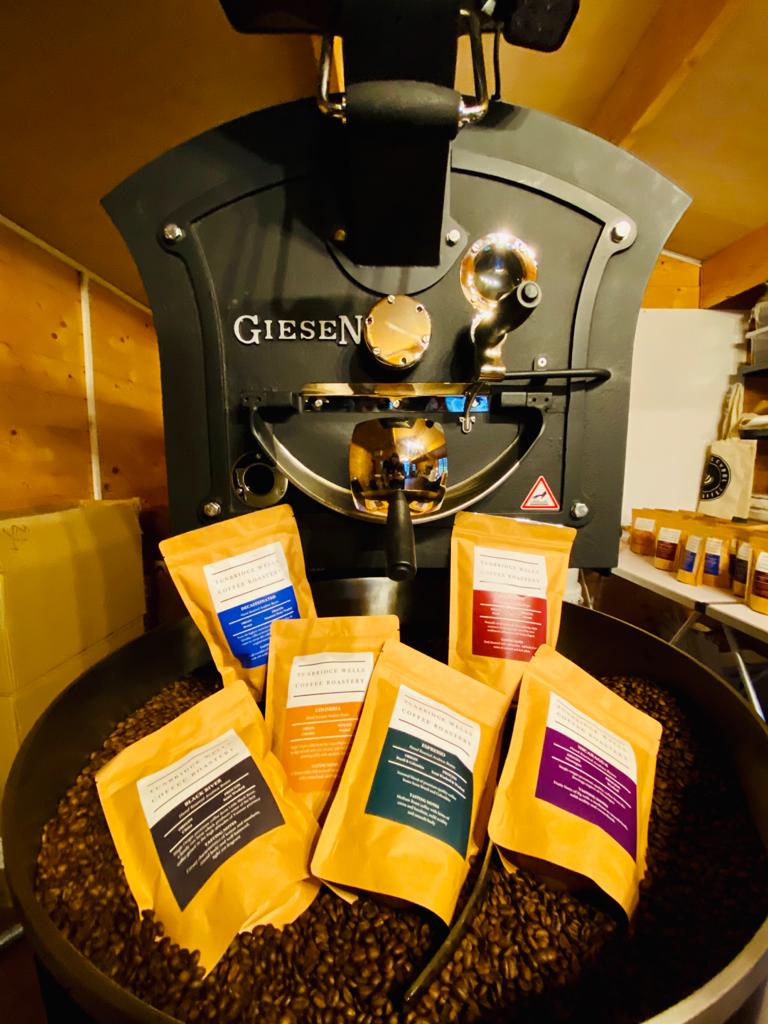




Only logged in customers who have purchased this product may leave a review.

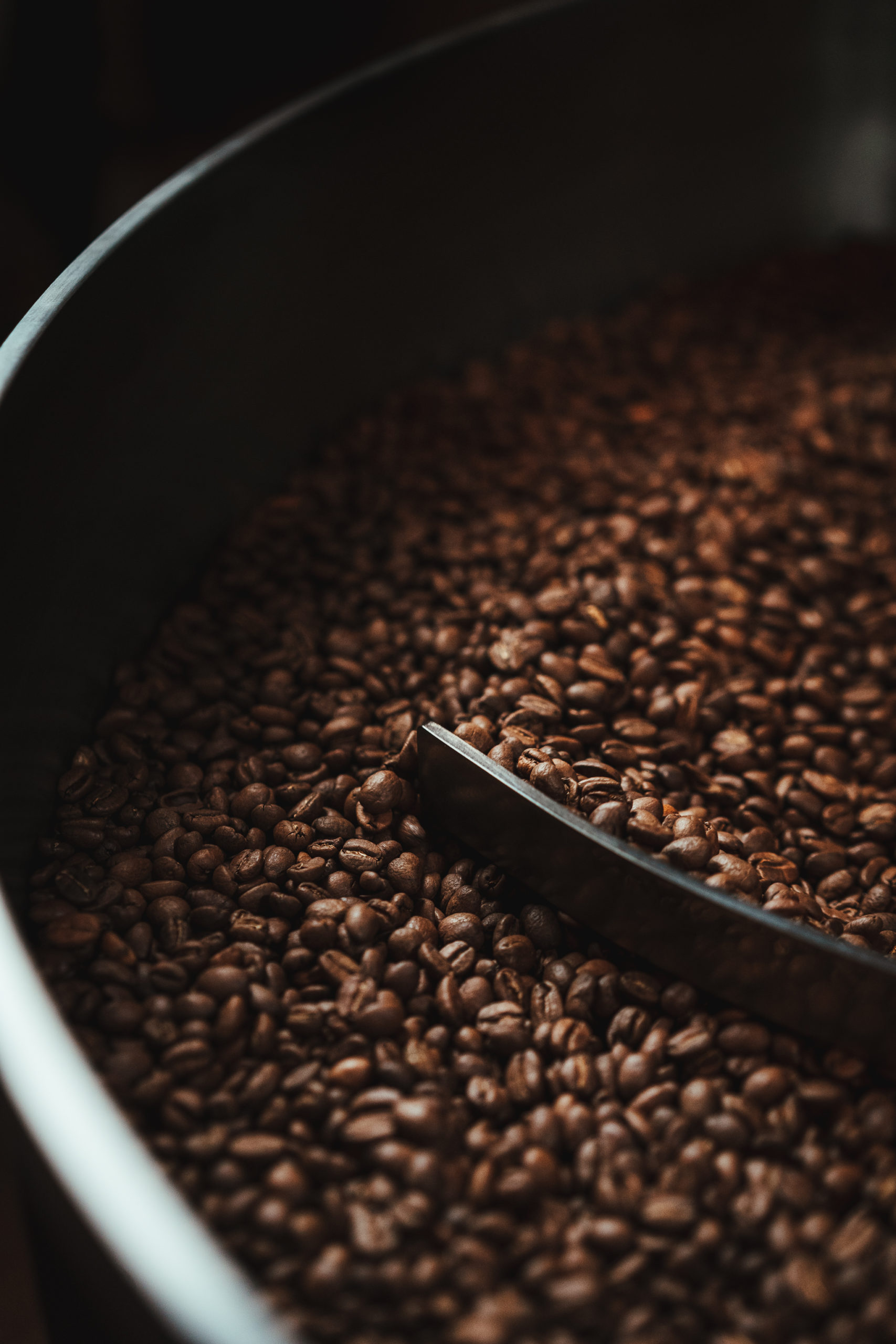
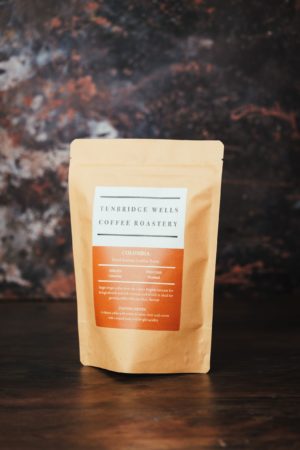
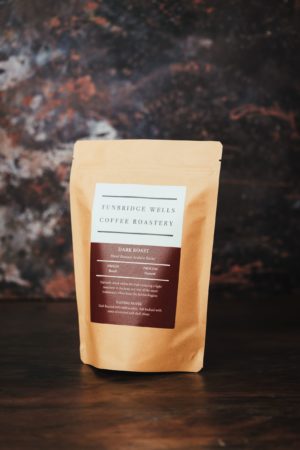
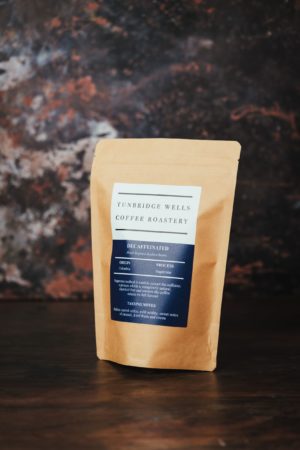
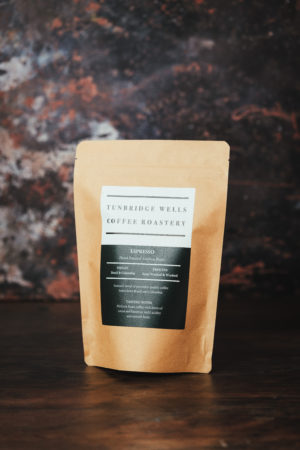


Reviews
There are no reviews yet.